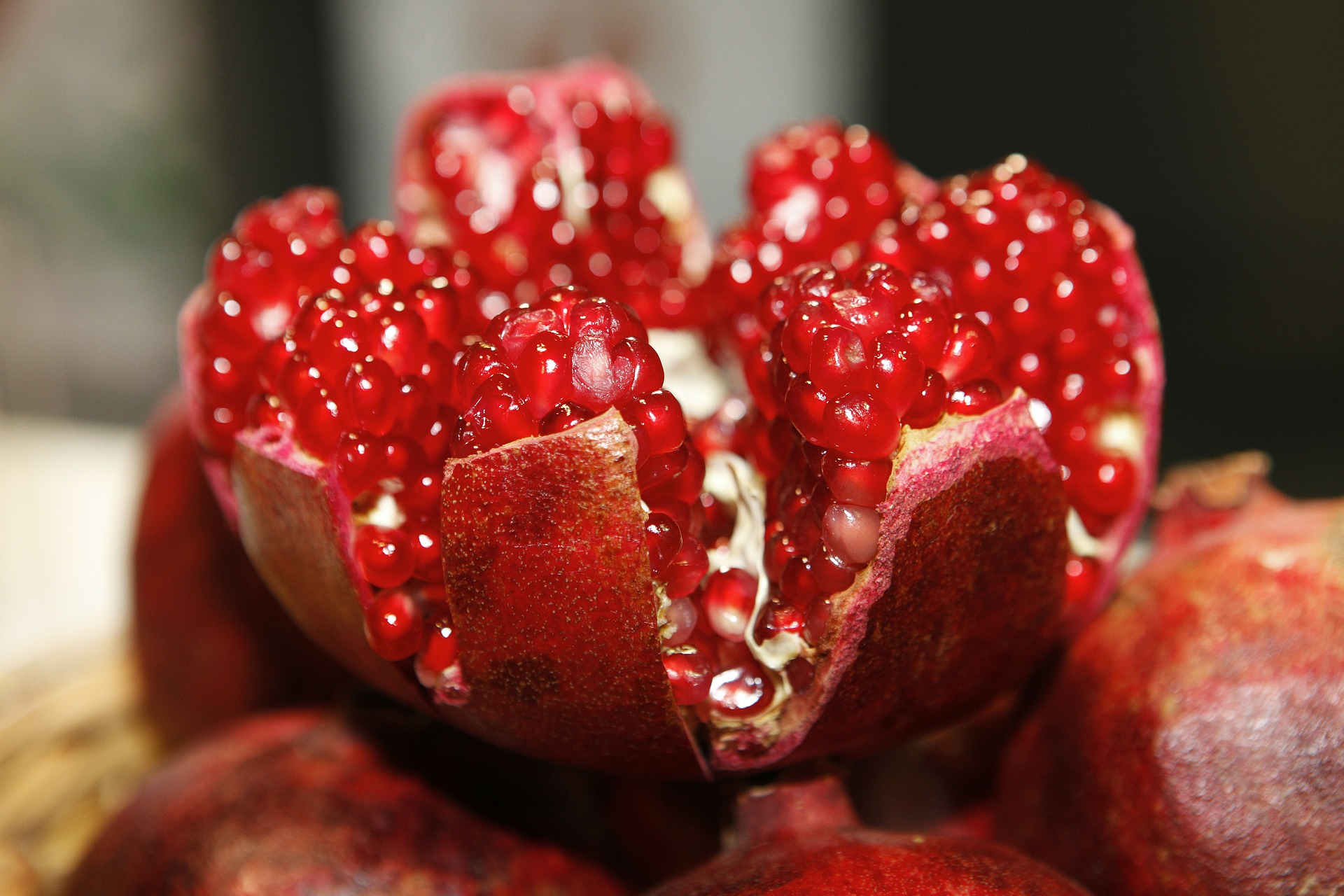Benefits of Spearmints
Spearmint is a herbaceous perennial plant with a square-shaped stem, broad leaves, and white/pink flowers. The leaves are where the value lies in spearmint, at least in terms of use, as they contain many of the active ingredients and a high concentration of the scent and flavor. Spearmint has a wide range of applications, including its culinary uses to flavor cocktails, sauces, dips, entire dishes, or even as a garnish, in addition to hygienic products, toothpastes, mouthwashes, soaps, body scrubs. However, the medicinal benefits of spearmint are particularly impressive.
Some of the most important health benefits of spearmint include its ability to improve digestion, boost respiratory health, optimize hormonal levels, relieve stress, increase circulation, maximize heart health, protect the integrity and strength of the immune system. The natural antibacterial and antimicrobial nature of menthol and other organic compounds in spearmint can help to protect mouth and throat from infections, including those that can damage dental and gum health. Also prevent chronic diseases including cancer.
Some individuals are highly sensitive to mint and may experience allergic reactions when touching or consuming the herb. While these reactions are usually mild (skin rash, throat irritation, headache, or dizziness) it is still best to avoid this herb if one suffer from the Aller. Spearmint tea might increase kidney damage. Higher amounts of spearmint tea seem to have greater effects. In theory, using large amounts of spearmint tea might make kidney disorders worse. Spearmint tea might increase liver damage. Higher amounts of spearmint tea seem to have greater effects. In theory, using large amounts of spearmint tea might make worsen liver disease. The appropriate dose of spearmint depends on several factors such as the user’s age, health, and several other conditions. At this time there is not enough scientific information to determine an appropriate range of doses for spearmint. Keep in mind that natural products are not always necessarily safe and dosages can be important. Be sure to follow relevant directions on product labels and consult your pharmacist or physician or other healthcare professional before using.
Written by: ASIYA RASOOL



